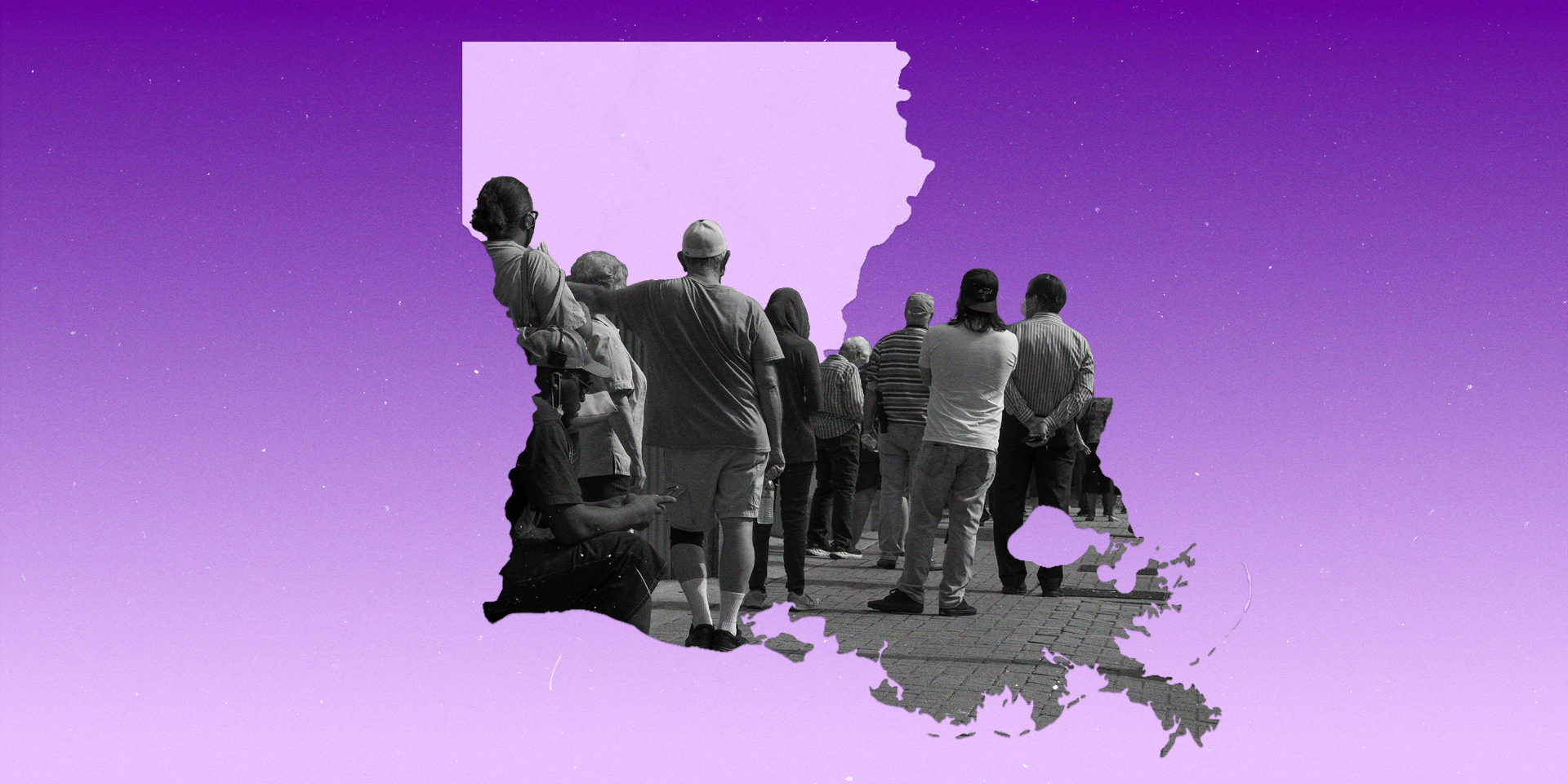For all of the battles that voting rights activists have fought throughout American history to preserve and expand access to the ballot box, many people who are eligible to vote still don’t participate in elections. Some face logistical hurdles like a lack of transportation to the polls. Others may fall victim to voter suppression tactics that deny them access to the ballot. And many just don’t think that their votes matter or that their options are great.
Whatever their reason, the result is that more than a third of eligible U.S. voters failed to cast a ballot in the 2024 presidential election, according to the U.S. Census Bureau. And Louisiana unfortunately ranks on the lower end of voter participation rates among all states. But before voting groups or politicians write the state’s electorate off as unengaged, they should take a closer look at Louisiana’s off-year elections, because there may be surprisingly fertile ground to grow voter participation.
How many voters are casting their ballots in Louisiana?
As with any electorate, voter turnout can fluctuate dramatically depending on the race. Using election data compiled by the Louisiana Secretary of State, the SPLC Action Fund plotted turnout rates among qualified registered voters in a prominent statewide election for each of the past six years.
Unsurprisingly, in years when the presidency is on the ballot or congressional seats are up for grabs, more Louisianans turn out to vote. In fact, turnout can more than triple in a presidential year in comparison to an off year. For example, Louisiana’s 2024 presidential election drew more than 66% of qualified voters; in a statewide race just five months later in which Louisianans voted on four amendments to the state constitution, only about 22% of qualified voters participated.
While that number may seem small, it’s important to put it in context. Comparing turnout in a presidential election versus an election on amendments isn’t exactly apples to apples. A more appropriate comparison for turnout rates would be the 2021 election — another off-year election in which four amendments to the state constitution were on the ballot.
That year, only about 14% of qualified voters cast ballots. Therefore, the 2025 turnout rate actually represents a jump of more than 7 percentage points in participation during election years when voters are most likely to stay home.
Of course, it’s important to acknowledge that the amendments offered in 2021 and 2025 covered different issues. The 2021 amendments focused on tax and budgetary issues, whereas the 2025 election included a referendum on whether politicians have the authority to determine which crimes can result in youth being prosecuted as adults. Further analysis is needed to determine how specific issues animate Louisiana’s voters.
Who is turning out to vote in the off-year elections?
The increase in voter turnout between 2021 and 2025 could also signal an important shift in the makeup of Lousisna’s off-year electorate.
Black voter turnout more than doubled between the two elections. In 2025, almost 27% of qualified Black Louisianans voted on the amendments under consideration, in comparison to just under 13% of Black voters who showed up in 2021. Democrats also saw an important voting bump, increasing their turnout from about 16% to more than 28%. Overall, they turned out over 100,000 additional voters in 2025. In comparison, Republicans only increased their ranks by just under 50,000 voters.
Again, context is important. The total number of qualified registered voters in Louisiana actually declined between 2021 and 2025 by about 230,000 voters. The numbers of qualified Black and Democrat voters also declined by about 20,000 and 100,000 voters respectively, making their gains in actual turnout somewhat more surprising.
What could a changing electorate mean for Louisiana?
A more engaged electorate in the off years could translate into a more energized and enthusiastic voter base for certain subgroups. But 2026 is not an off-year election. Seats in the Senate and the House of Representatives as well as seats on the Louisiana Supreme Court will be on the ballot next year, which will drive turnout and reshape the electorate.
Regardless, the increase in voter turnout in the off-year elections is a step forward for a state that has struggled with voter participation.
Are you registered to vote? Learn more about how to register in Louisiana.
Illustration at top by the SPLC.

